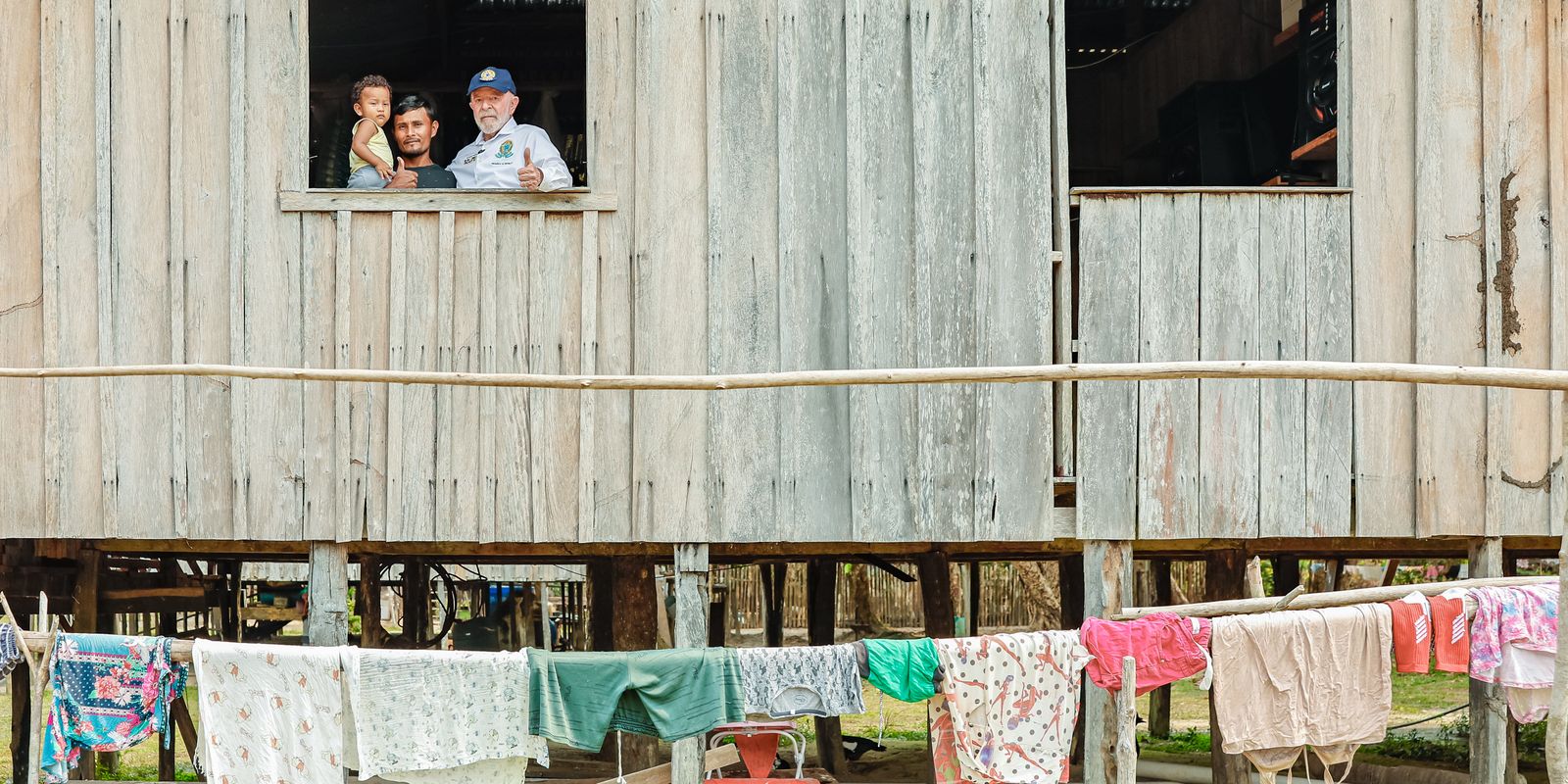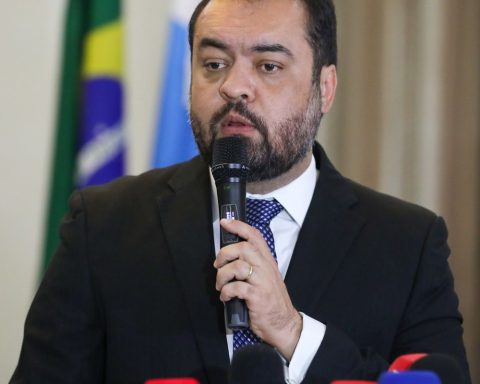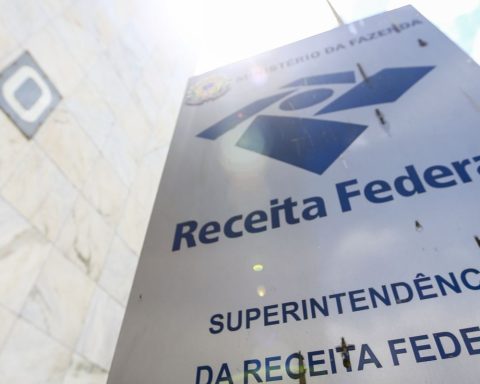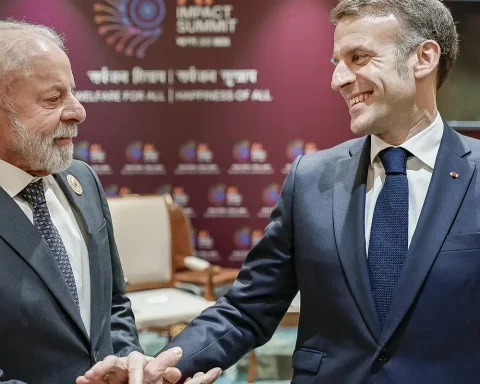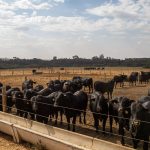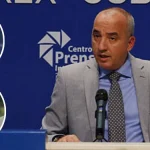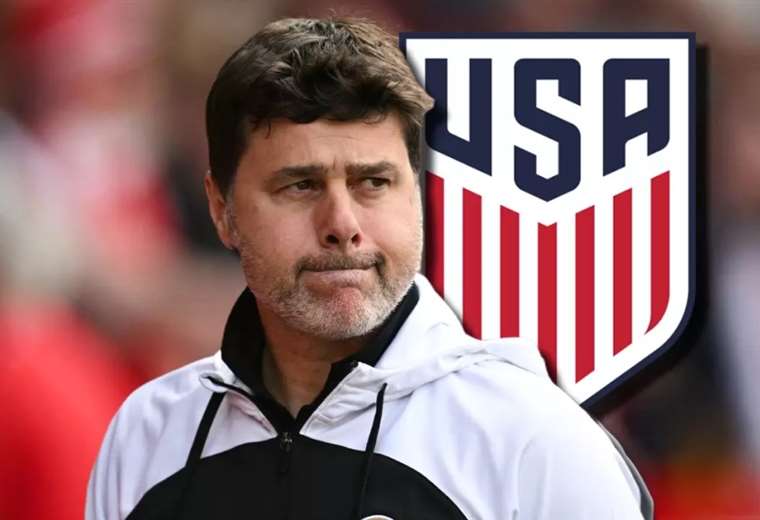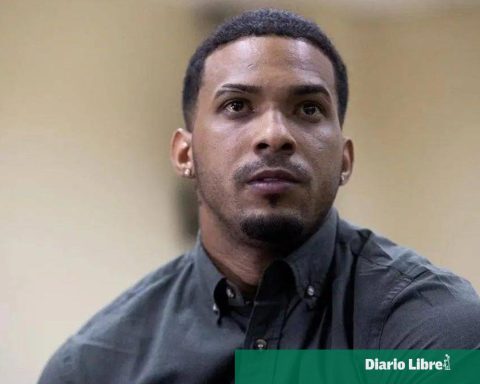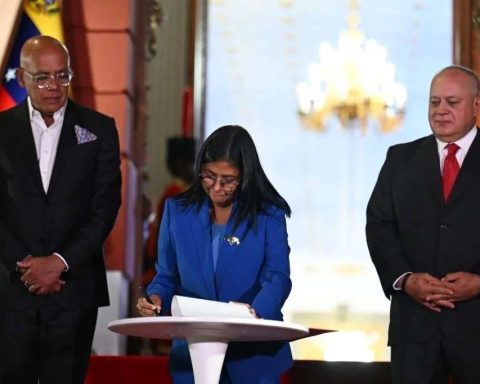President Luiz Inácio Lula da Silva said on Tuesday (10) that he will indeed create a National Climate Authority to act in the face of extreme natural events. The statement was made in Manaus, during a meeting with dozens of mayors from Amazonas. The state is once again experiencing the drama of drought, which is affecting 61 of the 62 municipalities that had federal recognition of the emergency situation due to the drought. According to Lula, a new national plan to face environmental disasters caused by climate change should also be observed.
“Our goal is to establish the conditions to expand and accelerate public policies, based on the National Plan to Combat Extreme Climate Risks. Our focus must be on adaptation and preparation to deal with these phenomena. To this end, we will establish a Climate Authority and a Technical-Scientific Committee to support and coordinate the implementation of this plan by the federal government,” said Lula during the event.
In addition to mayors, the meeting was attended by Governor Wilson Lima, parliamentarians and several government ministers.
The Climate Authority, which would function as a federal agency, with its own resources and staff, is a project that has been mentioned since Lula’s election, back in 2022, and was even discussed during the government transition. To date, however, the idea has not been put into practice. The environmental disasters in Rio Grande do Sul and, now, in the Amazon, have brought the measure back onto the government’s agenda.
“At this moment, we are experiencing a perverse combination of several factors that, combined, are creating this situation. The first of these is the problem of climate change, which is changing the rainfall pattern, which is changing the dry and wet seasons, as you can see. Sometimes it rains too much, sometimes it rains too little. Alongside this, we have the problem of deforestation and fires, which end up making the situation even worse,” highlighted the Minister of the Environment and Climate Change, Marina Silva.
According to the minister, the fires have already affected 1.1 million hectares of primary forest, proving that the humid forest is no longer immune to fire. “This is proof that the forest is losing moisture, and this is a phenomenon that we still don’t know how to deal with,” she said.
Global fund
In addition to reaffirming the adoption of measures such as environmental regularization, land regularization and a sustainable development plan, Marina Silva spoke of the creation of a Global Fund for the protection of tropical forests, which should make US$ 300 million available for environmental preservation. According to her, it should be operational starting next year, when Brazil will host the United Nations Conference on Climate Change (COP30) in Belém.
“I will, God willing, see many governors and mayors doing the math: ‘how many hectares of preserved forest do I have to qualify for the resources that will come from this fund’. [O fundo] It is an initiative of President Lula, because he said he wants zero deforestation, employment, income and to combat poverty as well”, he noted.
Communities in drought
Throughout the day, Lula and his delegation of ministers visited the communities of São Sebastião do Curumitá and Campo Novo, in the municipality of Tefé, and Manaquiri, in Manaus, to talk to residents and announce measures to combat the drought in the region. During the visits, the president made a point of sitting down to talk to people, listening to complaints and demands from those experiencing a historic and extreme drought, which has made river navigation impossible and affected access to essential products. Approximately 310,000 people in the Amazon are directly impacted by this year’s drought.
Among the federal government’s announcements is the distribution of 150 portable water purifiers, donated by private companies and produced by the São Paulo startup PWTech. Transported by the Brazilian Air Force (FAB), the purifiers were delivered to the state government and the Amazonas Association of Municipalities. Each device has the capacity to purify up to 5,000 liters of water per day.
Another announcement was the start of four maintenance dredging projects on the Amazon and Solimões rivers. Over a period of five years, R$500 million will be invested to ensure safe navigation and the flow of inputs, to reduce the effects of the severe drought affecting the region. The projects are part of the actions in response to the worst drought the Amazon has faced in 45 years.
Throughout the day, Lula also committed to speeding up negotiations and discussions around the reconstruction of federal highway BR-319which connects Manaus, in Amazonas, to Porto Velho, in Rondônia. The paving of the highway has been the subject of controversy for decades, as it crosses an environmentally sensitive region of the Amazon rainforest.
Also at the meeting with mayors, the president signed a decree that provides for the creation of the Integrated Multi-Agency Center for Federal Operational Coordination, linked to the National Committee for Integrated Fire Management, which has the responsibility of monitoring actions to control and combat forest fires. The federal government, in conjunction with the governments of the states of the Legal Amazon, will set up fronts of action in regions that are currently experiencing the highest number of forest fires and burnings in the biome.
The number of fires in the Legal Amazon this year alone exceeded 63,000 cases by the beginning of this month, the worst year in the historical series measured by the National Institute for Space Research (INPE).
Family Allowance
The Minister of Development and Social Assistance, Family and Fight Against Hunger, Wellington Dias, announced the advance payment of Bolsa Família to September 17, the first day of the calendar, for beneficiaries in Amazonas. “Caixa Econômica Federal will already be making R$494 million available to be paid to 656 thousand families throughout the state of Amazonas”, he stated.
